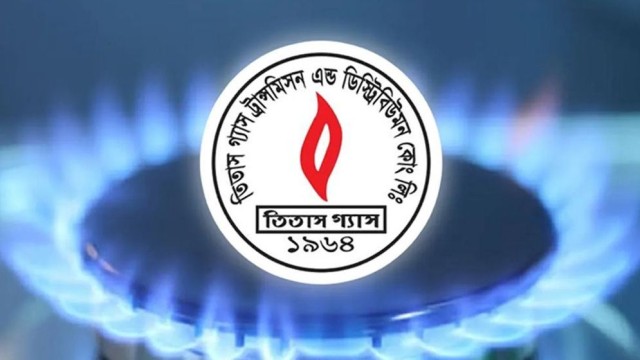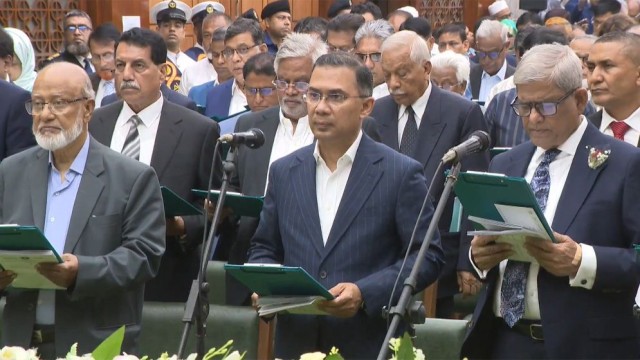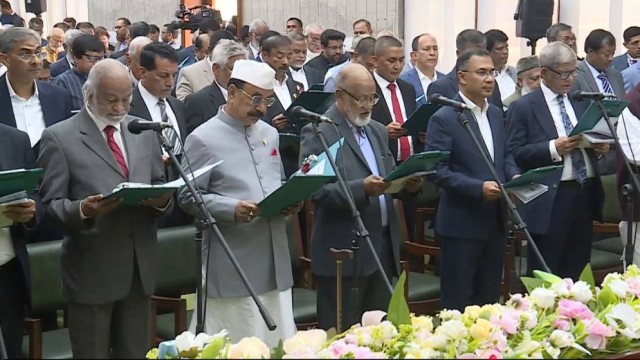It's encouraging to see that Dhaka's air quality has improved after the rain. The city's ranking of 17th on the list of cities worldwide with the worst air quality, with a moderate AQI score of 89, suggests a positive trend.
Air quality index (AQI) scores provide valuable information about the cleanliness or pollution levels of the air in a given area, helping people understand potential health risks associated with air pollution. In this case, Dhaka's air quality being classified as 'moderate' signifies that it is generally acceptable, although some pollutants may still be present.
The AQI considers various pollutants, including particulate matter (PM10 and PM2.5), nitrogen dioxide (NO2), carbon monoxide (CO), sulfur dioxide (SO2), and ozone. Monitoring these pollutants helps assess the overall air quality and potential health impacts.
Dhaka has historically faced challenges with air pollution, particularly during the winter months. The improvement in air quality after rain is a positive development, but continued efforts are needed to address the underlying causes of pollution and maintain healthy air quality throughout the year.
The World Health Organization (WHO) highlights the significant global impact of air pollution on public health, with millions of deaths attributed to various respiratory and cardiovascular diseases each year. Addressing air pollution remains a critical priority for protecting public health and promoting sustainable development.































Comment: